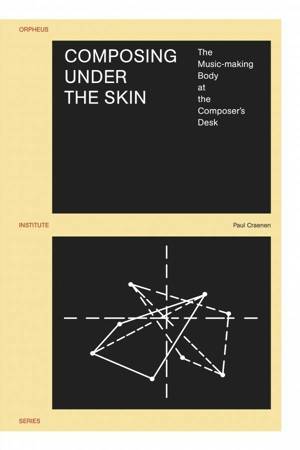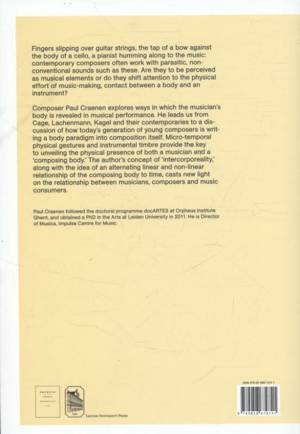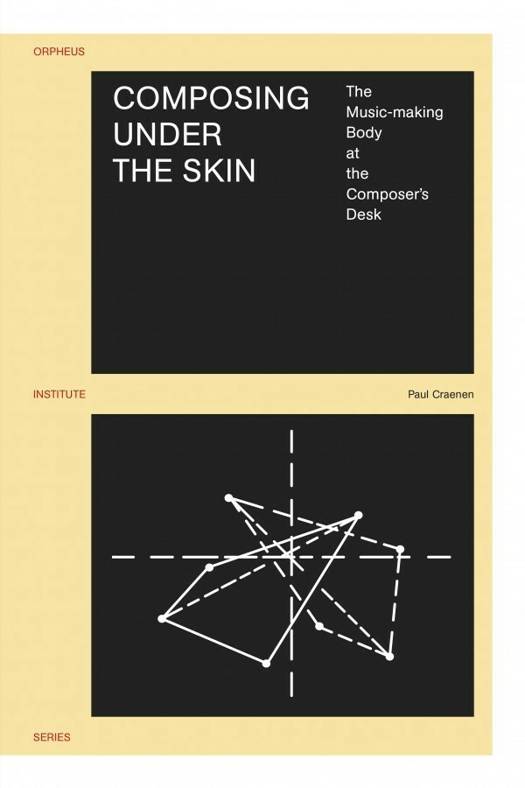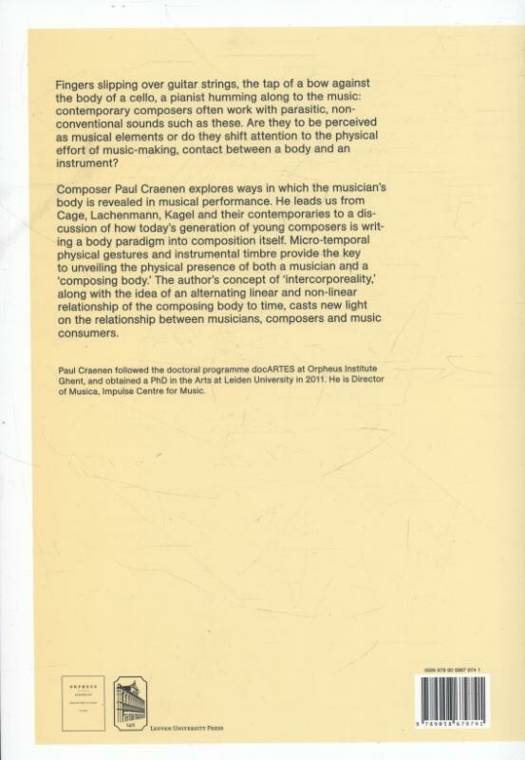
- Retrait gratuit dans votre magasin Club
- 7.000.000 titres dans notre catalogue
- Payer en toute sécurité
- Toujours un magasin près de chez vous
- Retrait gratuit dans votre magasin Club
- 7.000.0000 titres dans notre catalogue
- Payer en toute sécurité
- Toujours un magasin près de chez vous


Description
Fingers slipping over guitar strings, the tap of a bow against the body of a cello, a pianist humming along to the music: contemporary composers often work with parasitic, non-conventional sounds such as these. Are they to be perceived as musical elements or do they shift attention to the physical effort of music-making, contact between a body and an instrument? Composer Paul Craenen explores ways in which the musician's body is revealed in musical performance. He leads us from Cage, Lachenmann, Kagel, and their contemporaries to a discussion of how today's generation of young composers is writing a body paradigm into composition itself. Micro-temporal physical gestures and instrumental timbre provide the key to unveiling the physical presence of both a musician and a "composing body. The author's concept of "intercorporeality," along with the idea of an alternating linear and nonlinear relationship of the composing body to time, casts new light on the relationships among musicians, composers, and music consumers.
Spécifications
Parties prenantes
- Auteur(s) :
- Editeur:
Contenu
- Nombre de pages :
- 260
- Langue:
- Anglais
- Collection :
Caractéristiques
- EAN:
- 9789058679741
- Date de parution :
- 15-09-14
- Format:
- Livre broché
- Format numérique:
- Trade paperback (VS)
- Dimensions :
- 188 mm x 282 mm
- Poids :
- 1020 g

Les avis
Nous publions uniquement les avis qui respectent les conditions requises. Consultez nos conditions pour les avis.







